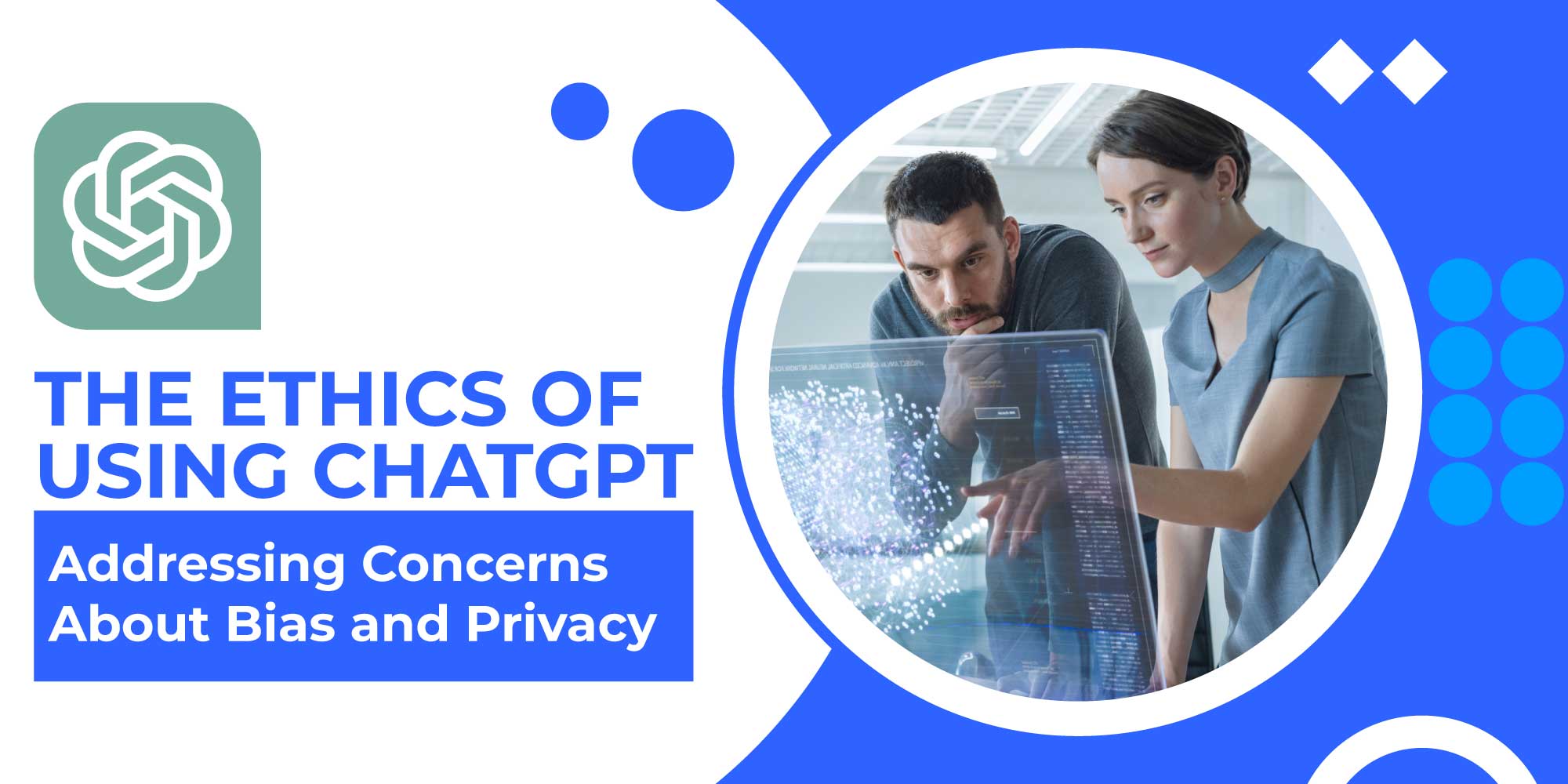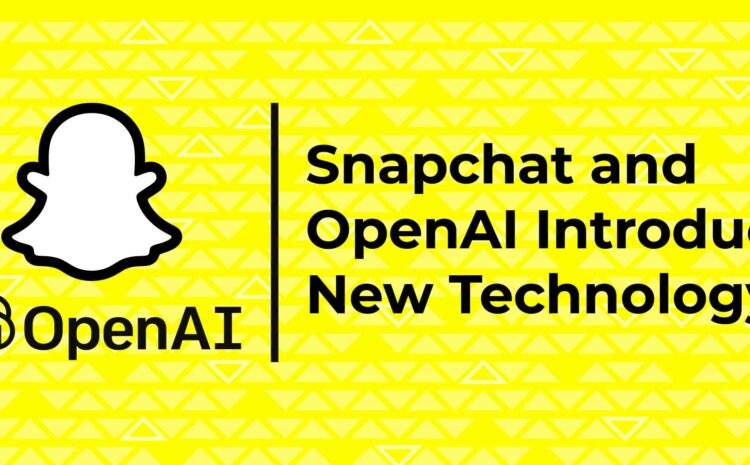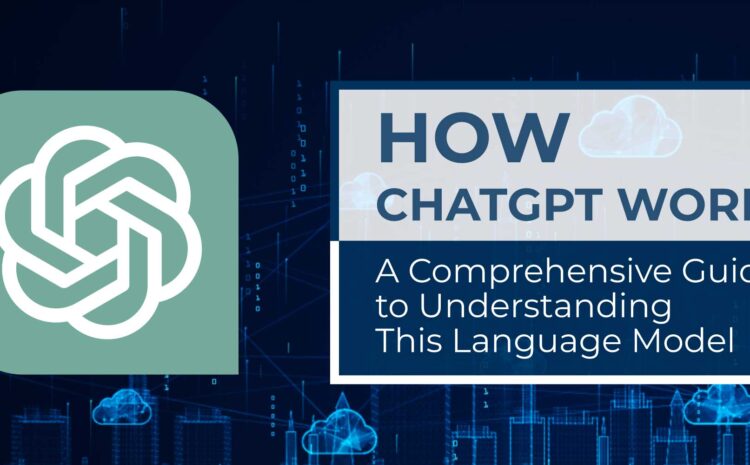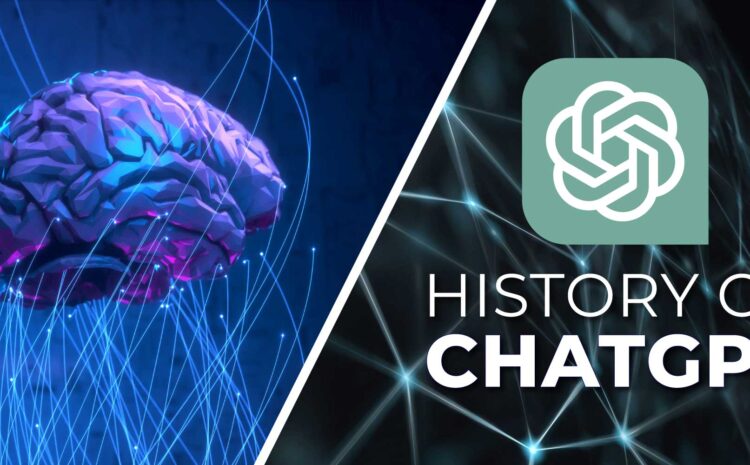Hello and welcome back to our blog! Today, we’re going to dive into a very pertinent topic: “The Ethics of Using ChatGPT: Addressing Concerns About Bias and Privacy.” Throughout this post, we aim to highlight some of the ethical considerations that come with using AI language models like ChatGPT, specifically focusing on bias and privacy concerns. We’ll also explore potential strategies to address these issues effectively.
Artificial intelligence, particularly in the form of language models like ChatGPT, has undeniably brought a paradigm shift in how we interact with technology. These models offer a multitude of benefits, from aiding in content creation to driving intelligent virtual assistants. However, like all powerful tools, they come with their own set of ethical considerations.
Firstly, let’s discuss bias. AI language models are trained on vast amounts of data from the internet, including books, articles, and websites. This allows them to generate text on a wide variety of topics. However, the internet is a mirror of our society and reflects both our virtues and our flaws. Consequently, these models can inadvertently learn and perpetuate biases present in their training data. These biases could be related to race, gender, religion, or other sensitive aspects.
OpenAI, the organization behind ChatGPT, is acutely aware of these concerns. They have taken steps to mitigate bias in how ChatGPT responds to different inputs. This includes careful curations and the development of more sophisticated techniques to ensure that the AI does not favor any political group, for instance. However, the challenge of eliminating bias completely remains a significant one, as it is a deeply rooted issue in our society.
What can we do to further address the issue of bias? One promising avenue is refining the training process. This could involve using more balanced and representative datasets, or creating techniques to “debias” the model during training. There’s also a growing focus on transparency and explainability in AI, allowing users to understand how the AI is making its decisions.
Now, let’s turn to privacy. When interacting with language models like ChatGPT, users often share personal information, whether it’s part of a casual conversation or a more formal request. How these models handle such data is of paramount importance.
It’s essential to note that as of my last training cut-off in September 2021, OpenAI has implemented measures to respect and protect user privacy. ChatGPT does not store personal conversations nor does it have the ability to recall or retrieve personal data shared with it. It’s designed this way to align with privacy norms and regulations.
However, the broader AI community continues to explore additional strategies to enhance privacy. This includes technical solutions like differential privacy, which adds a layer of randomness to the data to ensure individual data points can’t be identified. Another approach is federated learning, where the model learns from decentralized data, meaning personal data never leaves the user’s device.
In conclusion, while AI language models like ChatGPT offer numerous advantages, it’s crucial to be cognizant of the ethical implications, particularly around bias and privacy. These concerns are at the forefront of ongoing research and development in AI, and various strategies are being explored to address them effectively. As users and beneficiaries of this technology, staying informed about these issues helps us use these tools responsibly and advocate for continued improvements.
Thank you for joining us today. We hope this exploration of the ethics of using ChatGPT has been enlightening and look forward to discussing more intriguing topics with you in the future. While you’re here, please give some of our other blog posts a read! We’re sure you’ll find something you enjoy!




